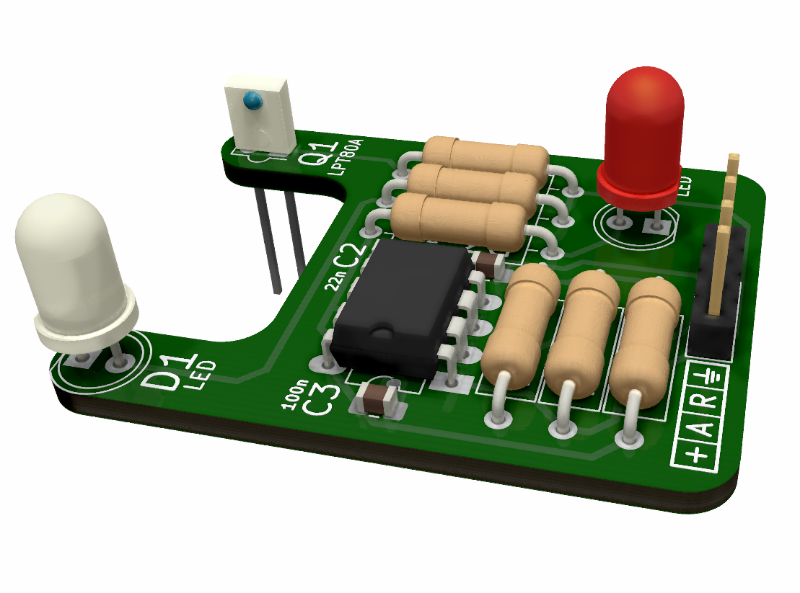The main goal of the course is to train medical engineering students in working in groups and solving assigned practical problems and making sound quantitative or qualitative analysis in their field of study. This project course and the successive project courses give the students the possibility of applying the tools they are learning in the courses in Theory and Methodology of Science with Applications, and Statistics for Medical Engineering, Signal Processing and Data Analytics in Biomedical Engineering, and Simulation Methods in Medical Engineering. This course gives the students the opportunity to apply their knowledge and skills to solving practical problems that are relevant to their field of study and to train their ability to plan, execute, document and communicate the results of their assigned projects. Further, the course aims at training our students in considering ethical aspects when exercising their profession.
CM2015 Project Carrier Course for Medical Engineers, part 1 15.0 credits

Information per course offering
Information for Autumn 2026 Start 24 Aug 2026 programme students
- Course location
KTH Flemingsberg
- Duration
- 24 Aug 2026 - 11 Jan 2027
- Periods
Autumn 2026: P2 (7.5 hp), P1 (7.5 hp)
- Pace of study
50%
- Application code
10246
- Form of study
Normal Daytime
- Language of instruction
English
- Course memo
- Course memo is not published
- Number of places
Places are not limited
- Target group
- No information inserted
- Planned modular schedule
- [object Object]
- Schedule
- Schedule is not published
- Part of programme
Contact
Course syllabus as PDF
Please note: all information from the Course syllabus is available on this page in an accessible format.
Course syllabus CM2015 (Autumn 2022–)Content and learning outcomes
Course contents
Intended learning outcomes
After the course students will be able to:
· Participate in an active way and carry out a smaller group project together with others and contribute to solving the assignment
· Identify and apply relevant methods, models, and knowledge from the areas of medical, electrical, and software engineering to given problems
· plan and with adequate methods undertake given tasks within predetermined time frames
· create, analyse and critically evaluate different technical solutions to a given problem,
· identify and fill in any gap in their knowledge in order to carry on an assigned project
· in English, in both speech and writing, report and discuss their results and the scientific grounds and arguments on which they are based
· within the frame of the assigned project, assess and show awareness of ethical aspects on research and development work with respect to methods and results of the project.
Literature and preparations
Specific prerequisites
English 6.
Literature
Examination and completion
Grading scale
Examination
- LAB1 - Laboratory work, 7.0 credits, grading scale: P, F
- PRO2 - Homework, 8.0 credits, grading scale: A, B, C, D, E, FX, F
Based on recommendation from KTH’s coordinator for disabilities, the examiner will decide how to adapt an examination for students with documented disability.
The examiner may apply another examination format when re-examining individual students.
If the course is discontinued, students may request to be examined during the following two academic years.
Examiner
Ethical approach
- All members of a group are responsible for the group's work.
- In any assessment, every student shall honestly disclose any help received and sources used.
- In an oral assessment, every student shall be able to present and answer questions about the entire assignment and solution.